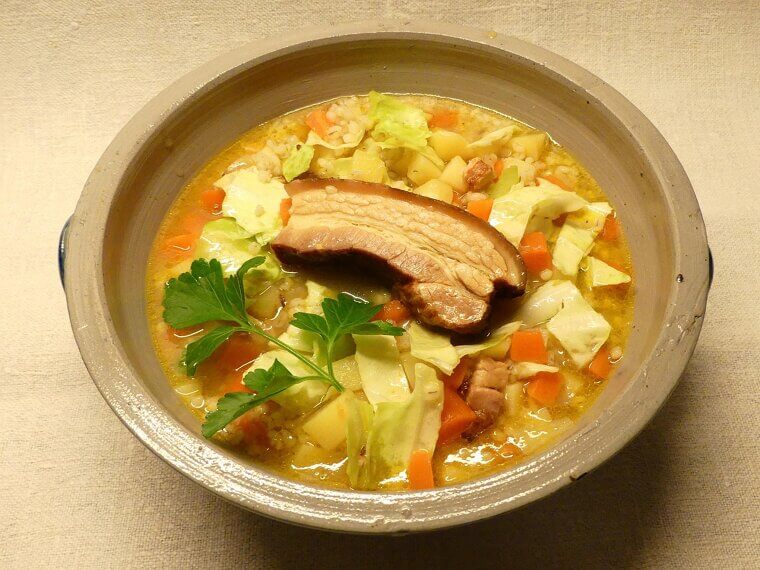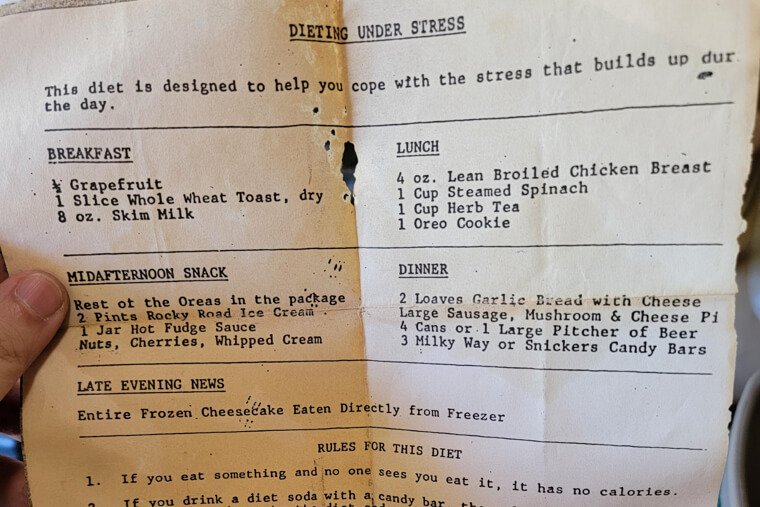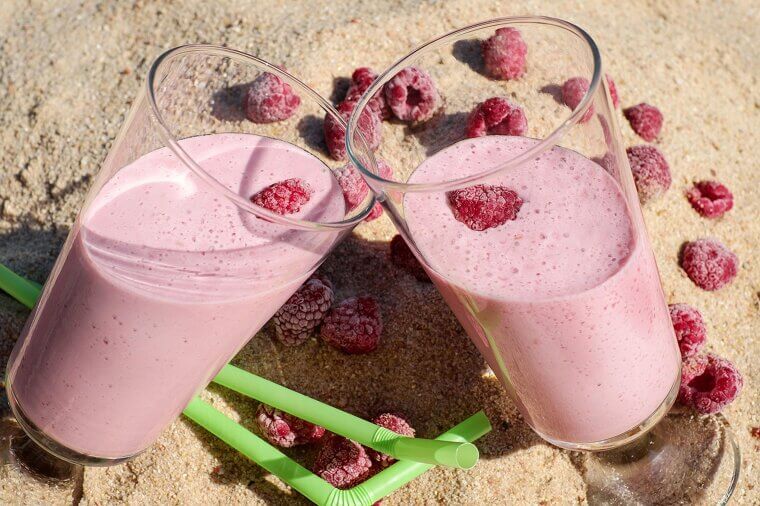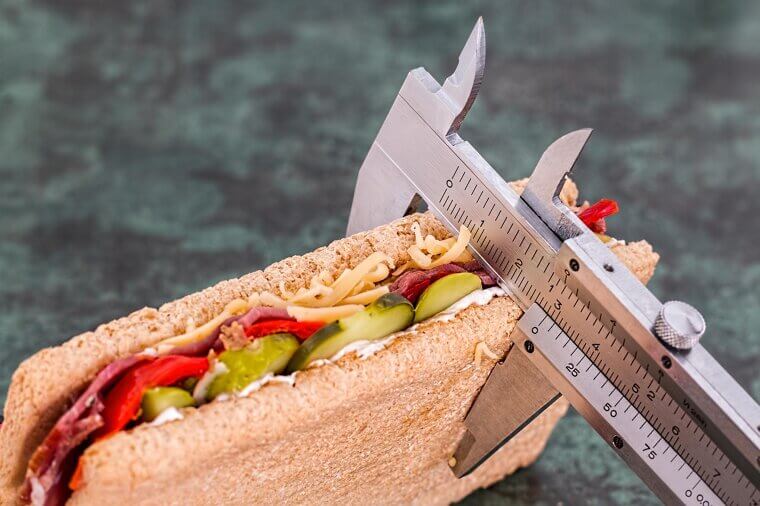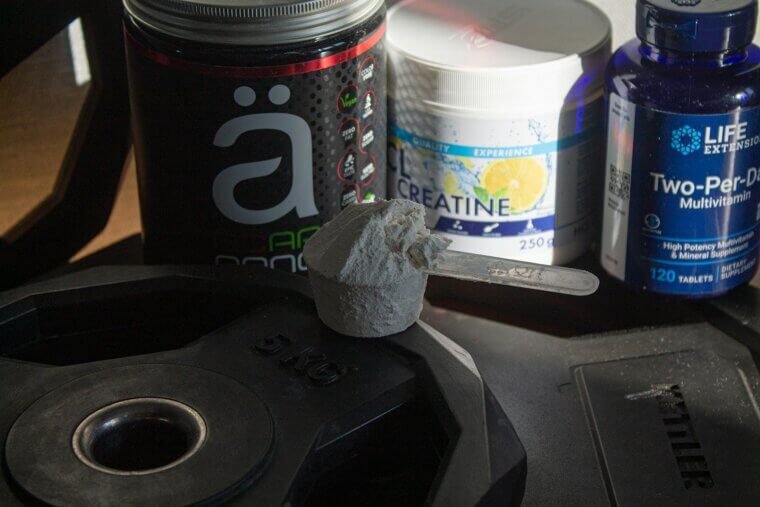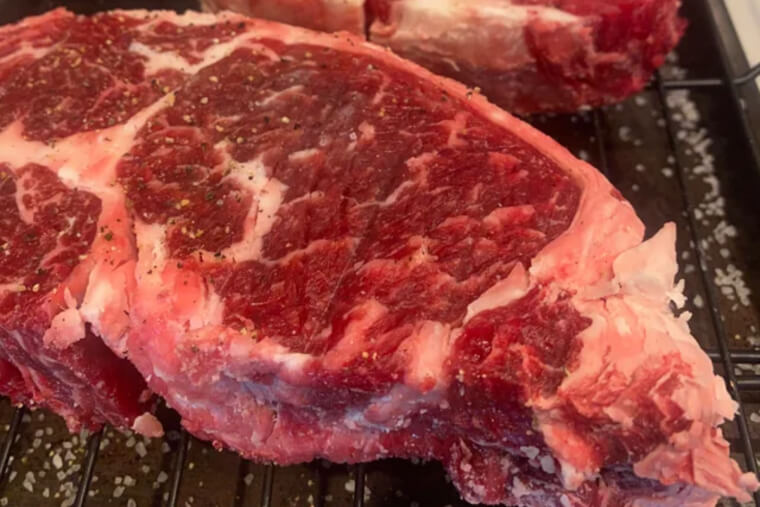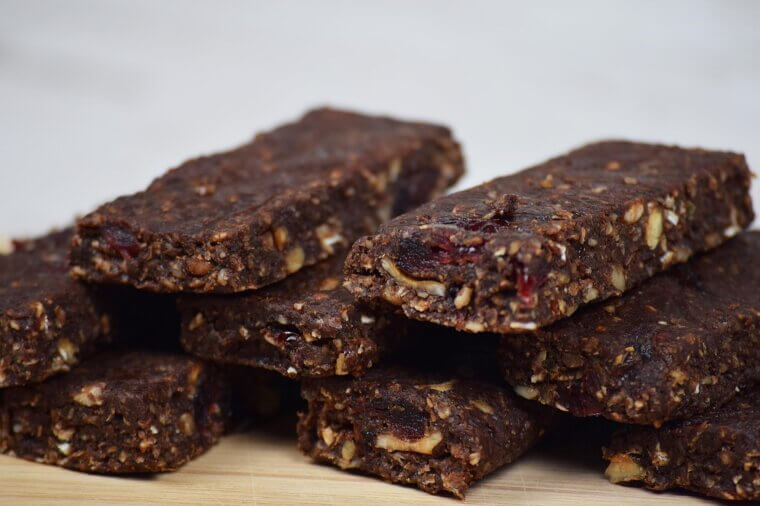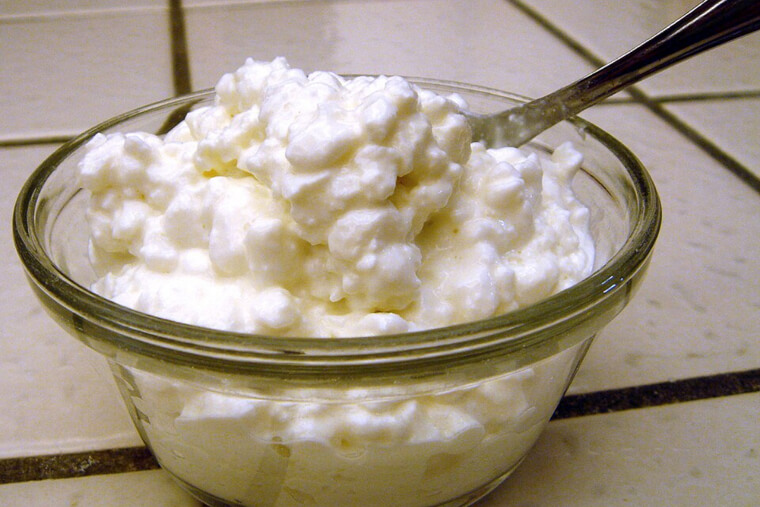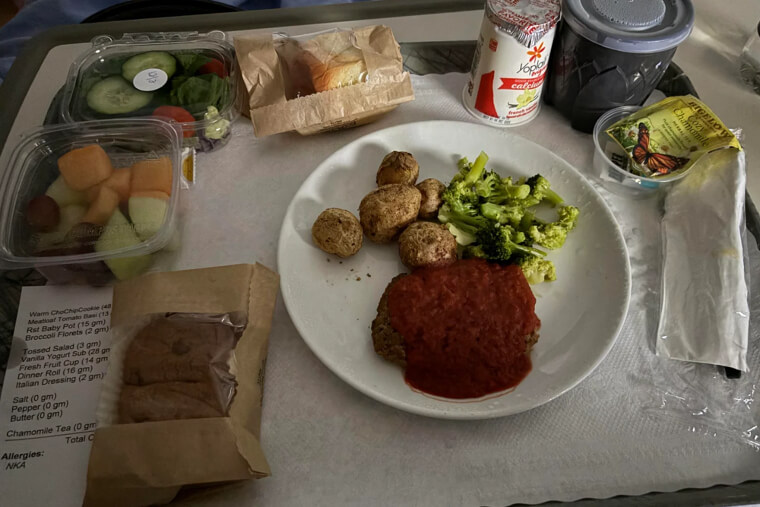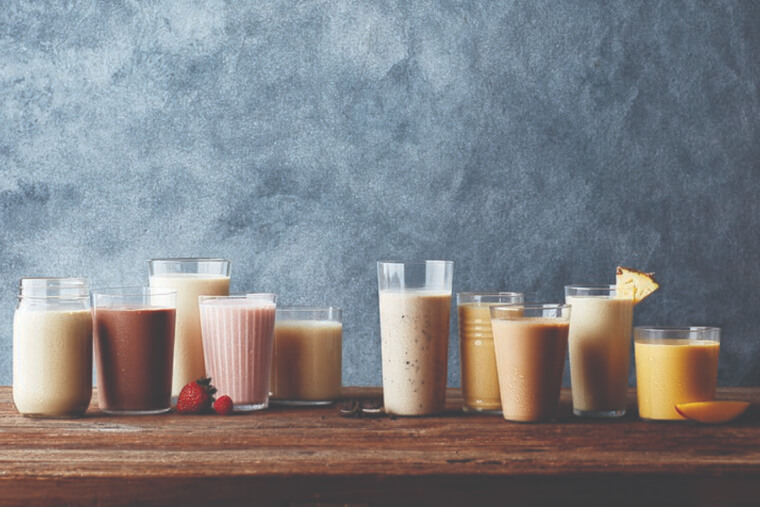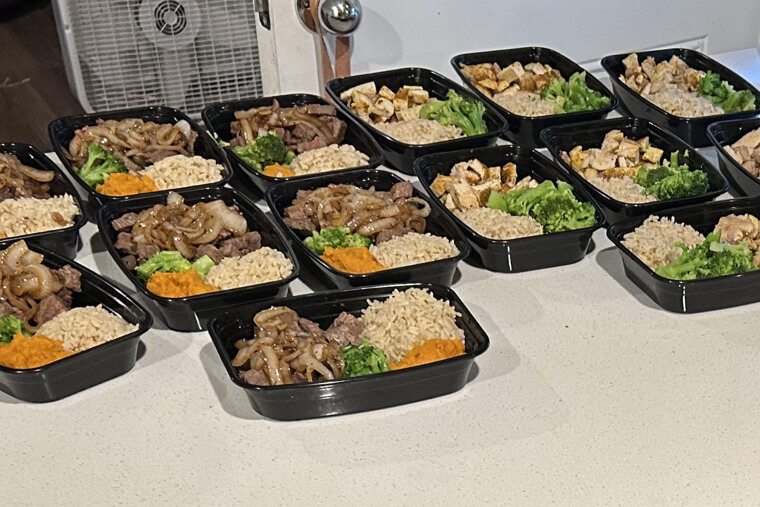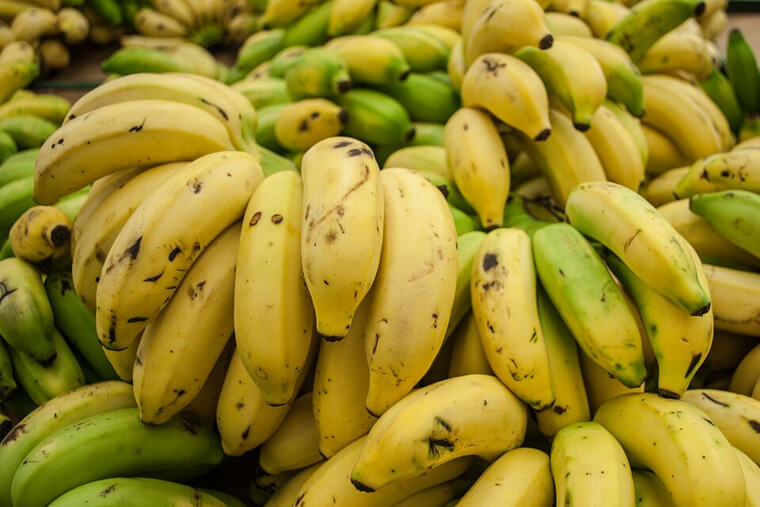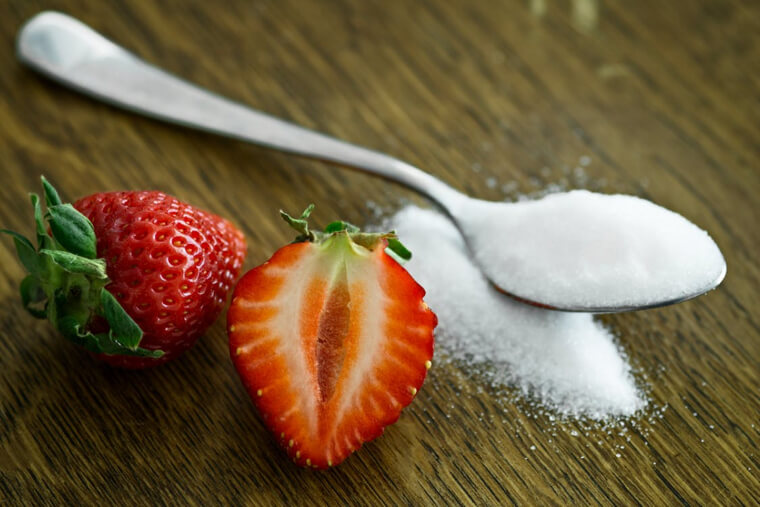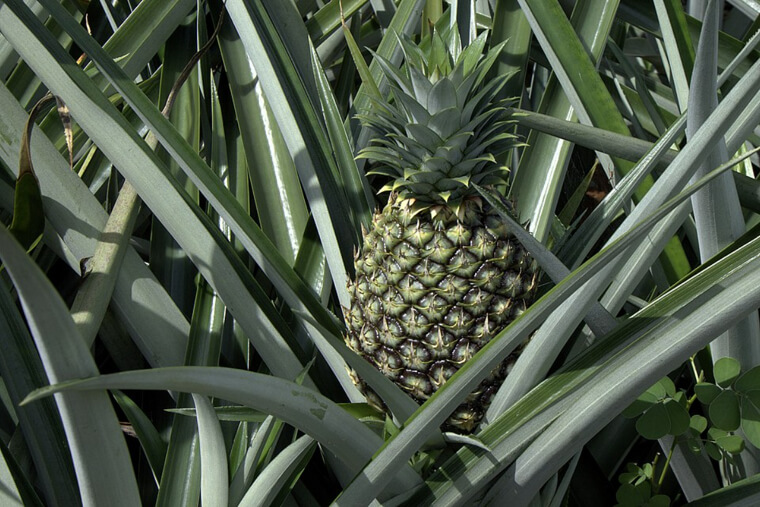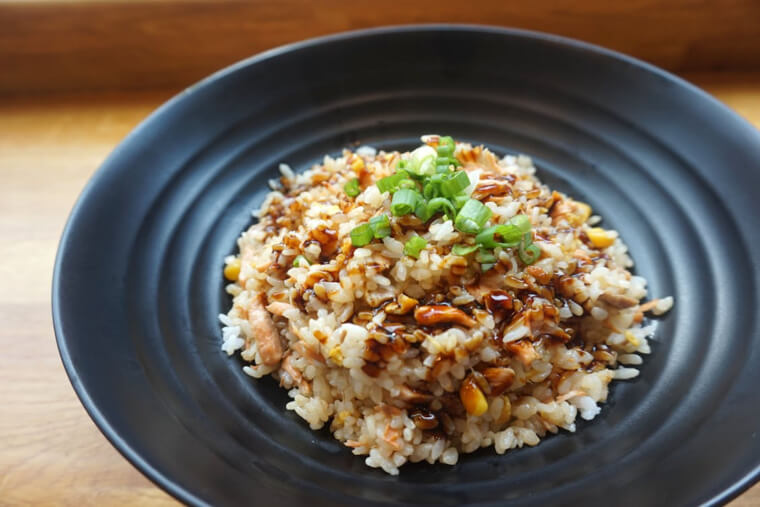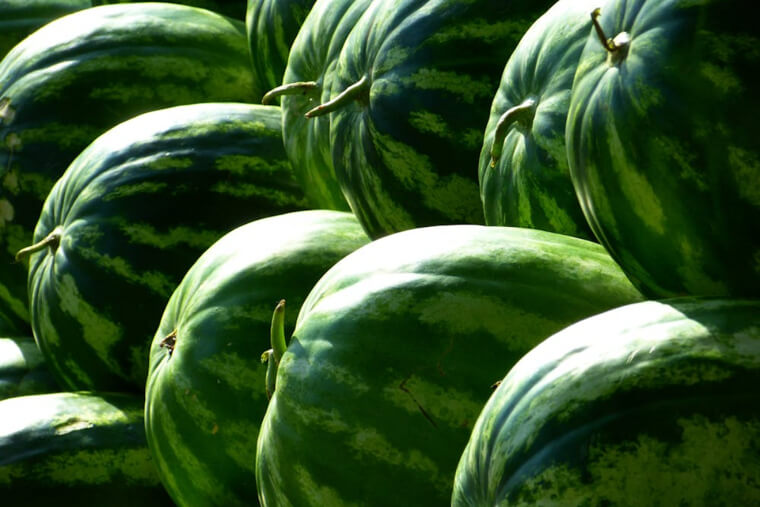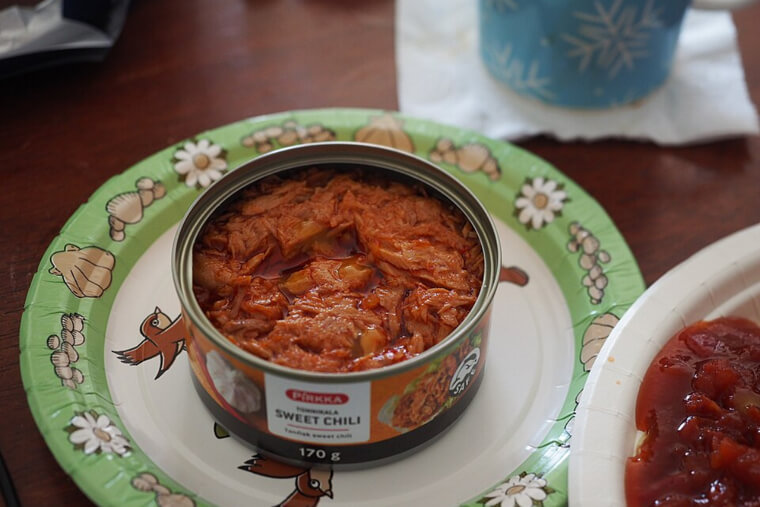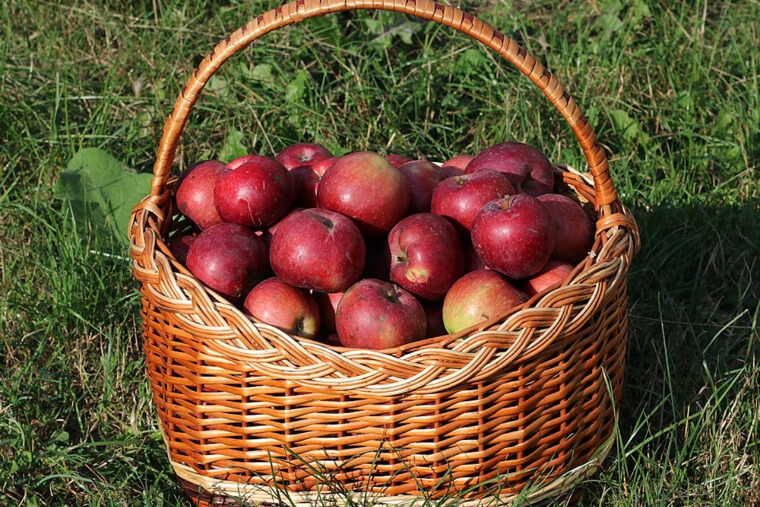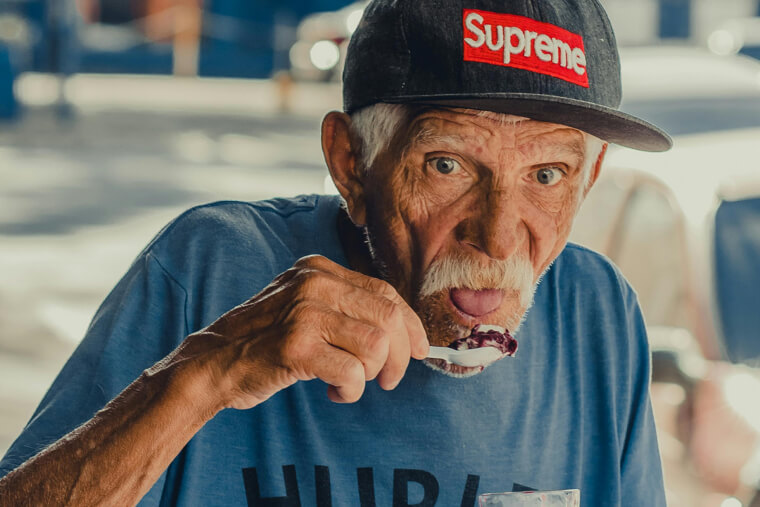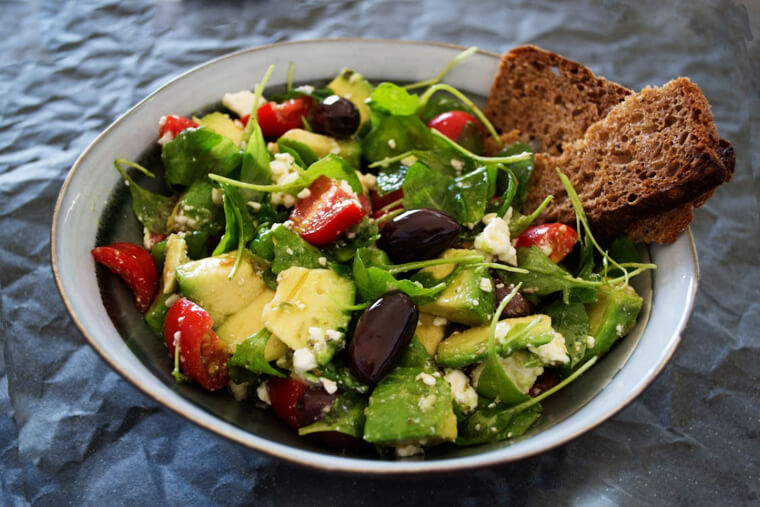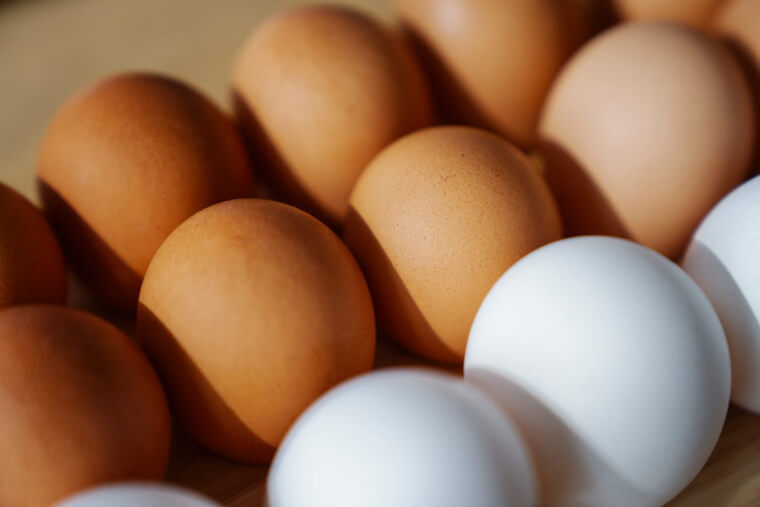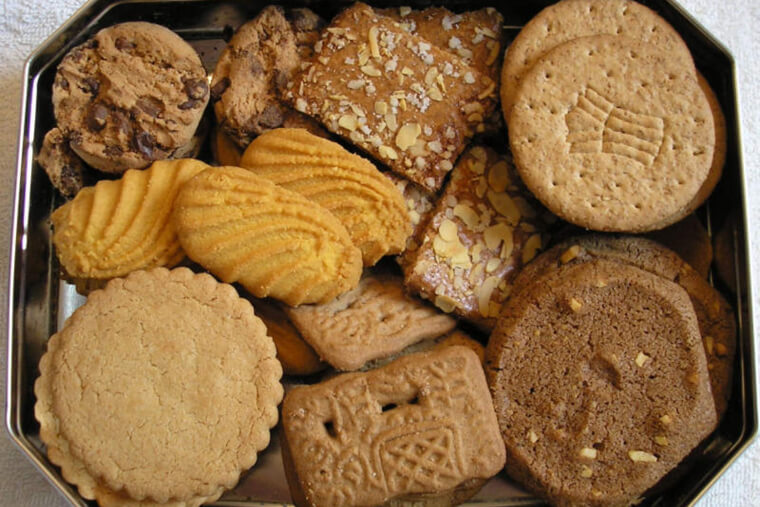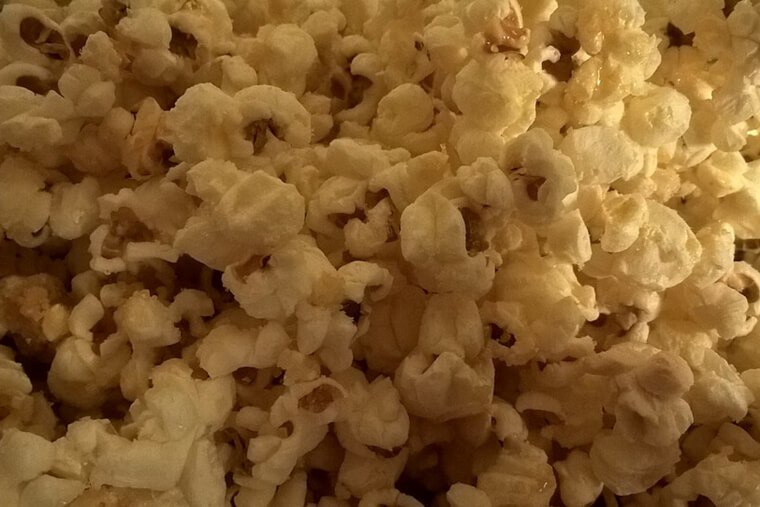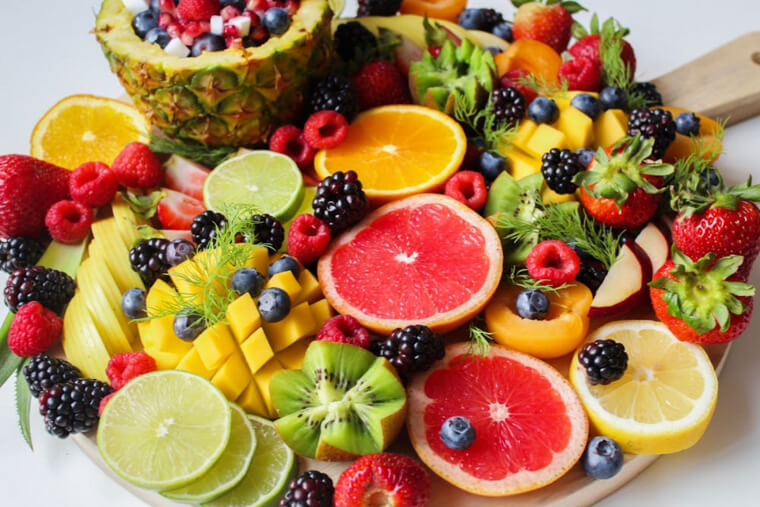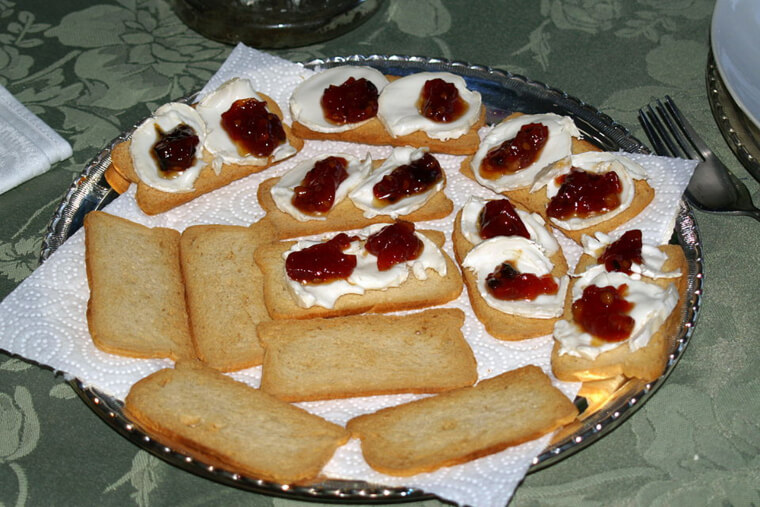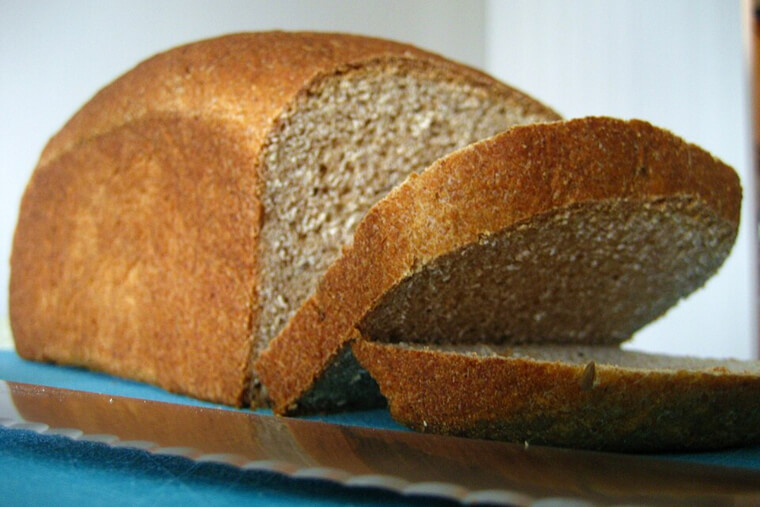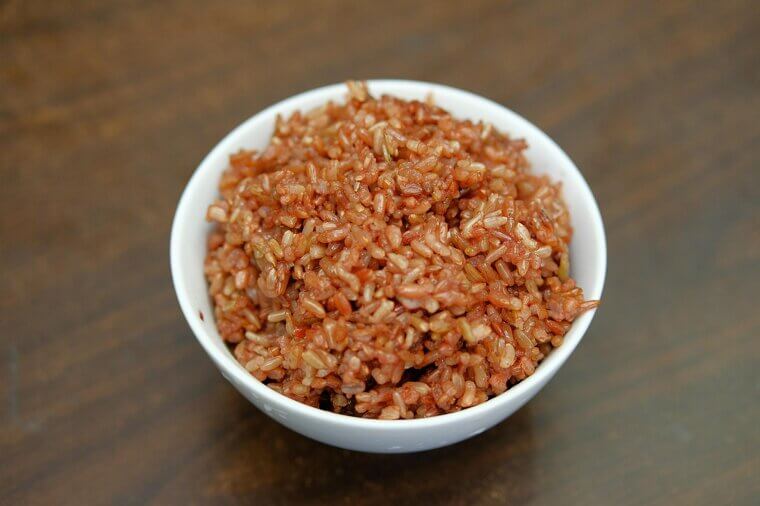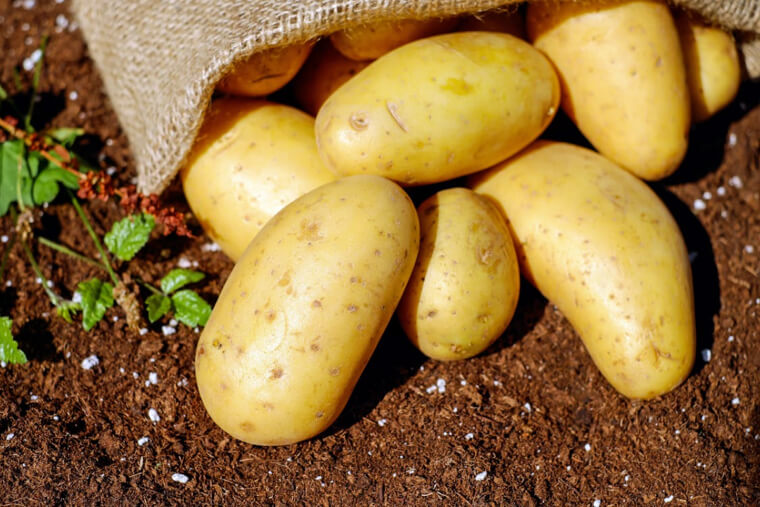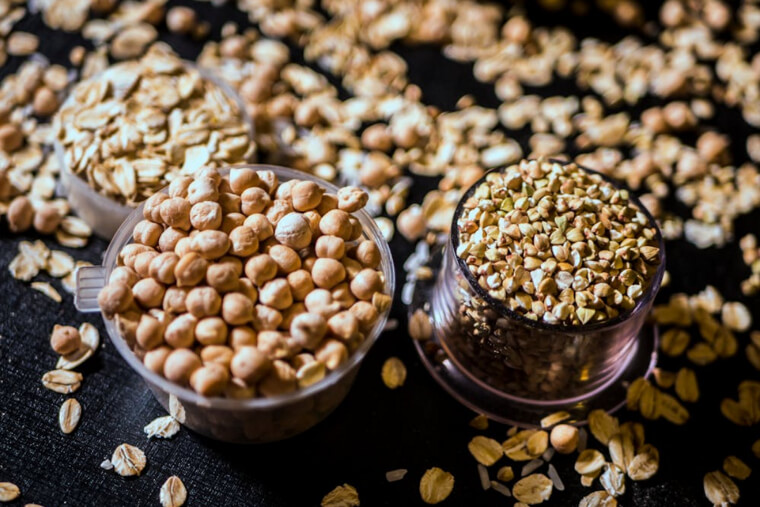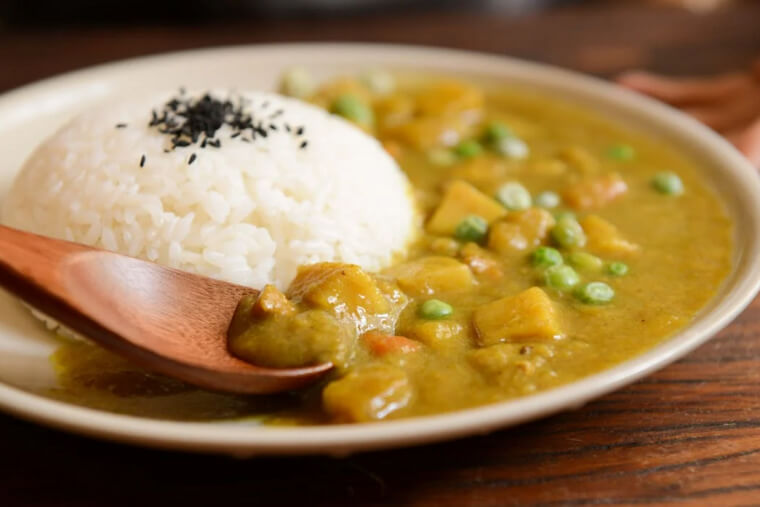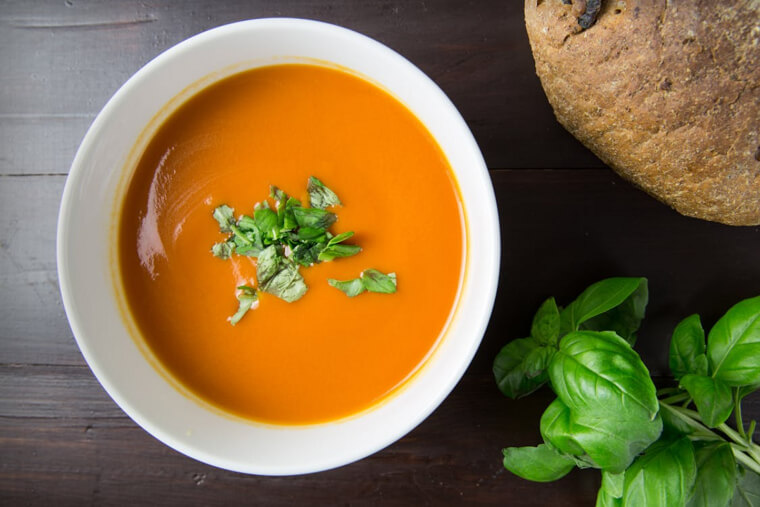Grapefruit Diet or Hollywood Diet
The grapefruit diet promised rapid weight loss by eating half a grapefruit before every meal. The idea was that grapefruit had some magical fat-burning enzyme that would melt pounds away. Spoiler alert: it didn't. People lost weight because they were basically starving themselves.
Cabbage Soup Diet
This one had people making giant pots of cabbage soup and eating basically nothing else for a week. The theory was you'd lose ten pounds in seven days. You probably did lose weight, from water and muscle, not fat.
The Scarsdale Diet
The Scarsdale Diet was super strict with specific meals, no substitutions, and lots of rules. It promised rapid weight loss through extremely low calories and high protein. People followed it religiously, like it was some scientific breakthrough. Really, it was just another crash diet that worked temporarily because you were eating barely anything.
Slim-Fast Meal Replacement Shakes
"A shake for breakfast, a shake for lunch, and a sensible dinner" was the mantra. These chalky shakes were supposed to be complete nutrition in a can. They tasted like disappointment and left you starving by 10 AM.
Ayds Appetite Suppressant Candies
Ayds were candy-like appetite suppressants you ate before meals to feel full. They were basically sugar and a mild stimulant. The name alone became a problem in the '80s for obvious reasons, but even before that, the concept was ridiculous.
Insta-Slim or Shape Shake Powders
These powdered meal replacements promised instant slimness if you just mixed them with water and replaced real food. They came in flavors that vaguely resembled chocolate or vanilla but mostly tasted like chalk. You were drinking maybe 200 calories and calling it a meal. Of course, you lost weight! You were basically fasting.
The Original Atkins Diet
Dr. Atkins told people to eat all the bacon and steak they wanted while cutting carbs completely. Bread was evil, but butter was fine. People lost weight initially from cutting an entire food group, but the diet was so extreme and restrictive that most couldn't stick with it.
Figurines Diet Bars
These were chewy diet bars marketed mainly to women. They were supposed to replace meals and magically make you thin. Actually, they were just low-calorie snack bars that left you hungry and cranky.
Hot Dog Diet
Yes, this was real. People ate hot dogs for multiple meals a day, thinking it was a legitimate weight loss plan. The reasoning seemed to be that hot dogs are protein and low in calories compared to bigger meals. Never mind that hot dogs are processed meat tubes full of sodium, nitrates, and mystery ingredients.
Cottage Cheese Diet
This diet had people eating cottage cheese for nearly every meal, sometimes with fruit, sometimes plain. It was considered the ultimate diet food, high protein, and low calorie. People would eat it for breakfast, lunch, and dinner, maybe adding some vegetables if they were lucky.
Beverly Hills Diet
This crazy diet was all about food combining and eating fruit alone for the first ten days. You couldn't mix proteins and carbs, and you had to eat foods in specific orders. The "science" behind it was complete nonsense, but it became hugely popular. People lost weight because they were eating almost nothing.
Herbalife Shake Diet
Herbalife convinced people that replacing meals with their special shakes was the secret to weight loss and health. Distributors sold the dream along with overpriced powder. Yeah, you lost weight drinking shakes instead of eating real food, but you also probably went broke buying the products.
Rotation Diet
This diet had you rotating between extremely low-calorie days and slightly less low-calorie days. Maybe 600 calories one week, 900 the next, 1200 after that. The constant changing supposedly "confused" your metabolism into losing weight. In actuality, it just left you perpetually exhausted and hungry.
Banana Diet
The banana diet involved eating mostly bananas, sometimes up to a dozen a day. The idea was that bananas had special properties that melted fat. They don't. You lost weight because you were eating almost nothing but bananas, which is maybe 1000 calories, even if you ate ten of them.
Sugar Busters Diet
This diet demonized sugar and refined carbs while allowing other foods. It sounds reasonable now, but back then, the approach was pretty extreme and the science was shaky. The book made wild claims about insulin and weight gain that oversimplified everything.
Pineapple Diet
Similar to the grapefruit nonsense, this diet claimed pineapple had fat-burning enzymes that would make you thin. People ate pineapple before meals, with meals, sometimes only pineapple for entire days. The enzyme thing was bogus, and fresh pineapple actually makes your mouth hurt if you eat too much.
Rice Diet
The rice diet had people eating plain white rice and fruit with minimal protein or fat. Sometimes they'd add vegetables, but it was mostly just rice. The extreme restriction and bland food meant people naturally ate less and lost weight. But living on plain rice is nutritionally incomplete and about as exciting as watching paint dry
Yoplait Yogurt Diet
This diet plan promoted eating Yoplait yogurt multiple times per day as a meal replacement. The company marketed it as a complete nutrition solution for weight loss. But eating sugary yogurt cups instead of real meals left people hungry and nutritionally deficient
Watermelon Diet
The watermelon diet involved eating watermelon for every meal for several days. It's mostly water, so people thought they could eat unlimited amounts and lose weight. You did lose weight, water weight, and muscle, because you were consuming almost no calories or protein.
Fish Diet
This diet had people eating canned tuna or fish for most meals. High protein, low calorie, and cheap seemed perfect for weight loss. But eating tuna every day means consuming way too much mercury, plus it's incredibly boring. Your body needs more than just fish to function.
Apple Diet
The apple diet meant eating mostly apples for days or weeks. Sometimes just apples, sometimes apples plus tiny amounts of other foods. The reasoning was that apples are healthy and filling. While apples are fine, eating almost nothing but apples is nutritionally insane.
Chewing Diet
This bizarre diet claimed that if you chewed each bite 100 times, you'd eat less and digest better. Meals took forever, and you'd get jaw fatigue before you got full. The "science" was that thorough chewing would make you realize you're full sooner. Really, it just made eating so tedious and time-consuming that you'd give up and eat less out of sheer boredom and exhaustion.
Salad Only Diet
People ate nothing but salads for every meal, thinking vegetables meant automatic health and weight loss. Just salads for breakfast, lunch, and dinner, sometimes for weeks. While vegetables are good, you need protein and healthy fats too.
Raw Egg Diet
Inspired by Rocky, people started drinking raw eggs, thinking it was a high-protein shortcut to fitness. Some would drink several a day as meal replacements. Beyond the salmonella risk, drinking raw eggs is disgusting and not actually better than cooked eggs.
Cookie Diet
Yes, people ate special diet cookies throughout the day instead of meals, then had a small dinner. The cookies were portion-controlled and low-calorie, so obviously, you'd lose weight eating maybe 1000 calories of cookies daily. But it's nutritionally terrible, and who wants to live on just cookies?
Air-Popped Popcorn Diet
This diet promoted eating air-popped popcorn as a main food source because it's low-calorie and fills you up. People would eat huge bowls of plain popcorn for meals. Sure, it's low-calorie, but it's also nutritionally empty and gets old fast. Living on unsalted, unbuttered popcorn is punishment, not a diet.
Fruitarian Diet
Fruitarians ate only fruit, nothing else. The idea was that fruit is natural and pure, so it must be the perfect human food. Steve Jobs tried this and ended up with health problems. Fruit lacks protein, healthy fats, and many essential nutrients. P
Melba Toast Diet
People ate Melba toast, those thin, crispy, flavorless pieces of sadness, as their main carb source. Sometimes it was the only carb allowed. The diet promoted these dry crackers as a weight loss miracle. You lost weight because Melba toast is so unappetizing that you naturally ate less.
Whole Wheat Bread Diet
This diet claimed you could eat whole wheat bread with every meal and lose weight because the fiber kept you full. People were eating multiple slices of bread daily, thinking it was healthy. While whole wheat is better than white bread, eating that much bread is still a lot of calories and carbs.
Brown Rice-Fruit Diet
This combination diet paired brown rice with fruit for all meals. The idea was that rice provides energy, and fruit provides nutrients. What it actually provided was boredom and nutritional imbalance. No protein, no healthy fats, just rice and fruit day after day.
Low-Starch Diet
This diet cut out all starchy foods - potatoes, bread, rice, pasta, beans, everything. Basically, if it had starch, it was forbidden. People thought starch was the enemy, making them fat. They lost weight from cutting out entire food groups, but the diet was unnecessarily restrictive.
Fiber Loading Diets
These diets had people taking massive amounts of fiber supplements before meals to feel full. Some people took so much fiber that they had serious digestive issues. The theory was that fiber would expand in your stomach and you'd eat less. While fiber is good, overloading on supplements instead of eating actual food is extremely dangerous.
Reducing Plan Diet
This vague diet concept involved drastically "reducing" portions and food intake with specific meal plans. It was popular in women's magazines with titles like "The 5-Day Reducing Plan." It was just another crash diet with severe calorie restriction dressed up with a clinical-sounding name.
Quick Slim Soup Diet
These diets promoted special soups, usually just broth with vegetables, as the key to rapid weight loss. The soups were basically hot water with vegetables, so obviously, you'd lose weight eating almost zero calories. But living on watery soup leaves you hungry, cold, and dreaming of real food.


